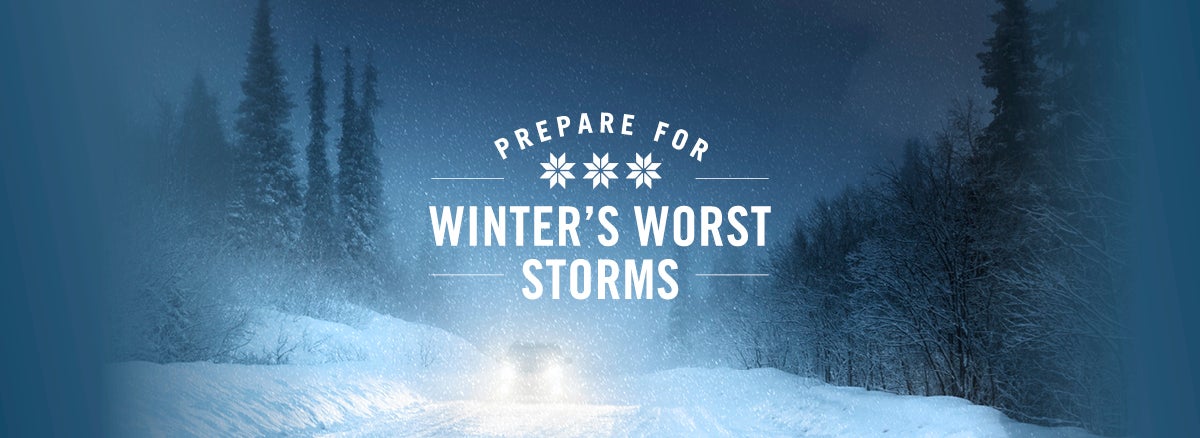
10/13/2020
How to Prepare for Winter’s Worst Storms
Our weather across Colorado, New Mexico, Nebraska and Wyoming can range toward the extreme, with each season bringing impressive storms. Wind, snow and ice that blow across the West in the Winter can leave behind a lot of damage. What should you do for winter storm safety preparation? The safety tips below will help you to prepare for some of the worst winter storm situations.
When ice and snow accumulates, it often means trouble for weighed-down tree limbs and ultimately, powerlines. Tri-State and our members are always working to bring you reliable power. None of us can control the weather, but we can all do our best to be prepared for when a major storm hits close to home. As the weather gets colder, we’re sharing some tips to keep you, your home and your family safe when the snow flurries turn to blizzards.
Have questions about your electricity? Please contact the experts at your local electric cooperative or public power district to learn more.
Winter Storm Safety Tips
When snow accumulates, it can put a heavy load on things. Wind can also knock power lines loose or blow damaging debris around. Knowing what the dangers can be ahead of a bad winter storm can keep you and your family safe.
-
Be aware of any electric cables surrounding your house. Knowing where they are can help you take inventory after a storm to make sure no damage has occurred.
-
You are often told to stay away from downed power lines, and we’ll say it again: Stay away from downed power lines. But what does one look like? And what should you do?
A power line that goes down can actually look different depending on the situation. Sometimes it’s very dramatic and you cannot miss it – sparks or fire may be visible, as well as damage to poles and other equipment.
But other times, the risk is harder to spot but just as dangerous. A downed line may look just like a cable laying on the ground, or an end may be covered in snow. You should always assume any power line that’s out of place may be live.
Call your local electric utility to report it. If it’s sparking, on fire, or in contact with a car, building, or other structure, call 911 to report it, too. Do not approach or go near downed power lines. Call from inside your home, and let the professionals investigate the situation.
-
Improper generator use can send deadly electricity through lines that you thought were cut off from power. Make sure you’re operating generators safely during the winter months.
-
It’s a good idea to always plug essential electronics, like computers, into a surge protector outlet strip. These devices control for any unpredictable currents, and will keep your devices safe and running steady during any weather.
-
If the power goes out in winter, have supplies like batteries, battery-powered radio or TV, and flashlights on hand.
-
Also, be prepared to stay warm! Keep non-perishable food, water and blankets in your storm kit. If you use an alternate heat source like a fireplace, follow any system instructions, use fire safeguards, and ventilate your area properly.
-
If you live with a child, elderly person or someone who can’t stay warm on their own, you may need to take them somewhere with power if there’s ever a storm that causes an extended outage. Plan ahead for this possibility by thinking about where you would go and how you would get there.
Keep these tips in mind as you ready your home for winter, and you’ll feel more secure no matter the forecast.
--
About Tri-State
Tri-State is a power supply cooperative, operating on a not-for-profit basis, serving electric distribution cooperatives and public power district member-owners in four states. Together with our members, we deliver reliable, affordable and responsible power to more than a million electricity consumers across nearly 200,000 square miles of the West. Visit www.tristate.coop.
Blog Posts
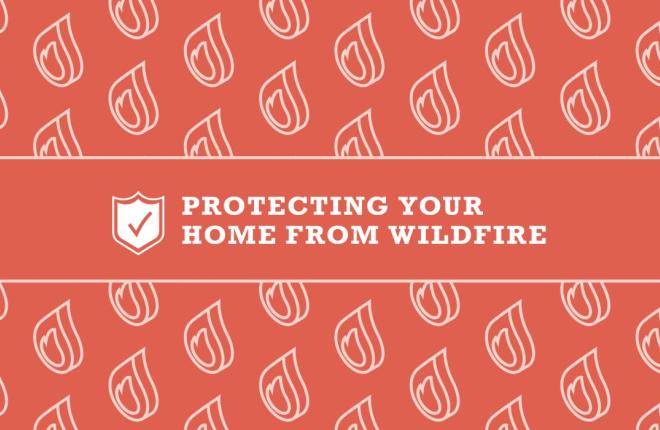
Protecting Your Home Year-Round from Wildfires

Summer Backpacking: Solar Power, Energy Efficiency, and the Best States to Visit
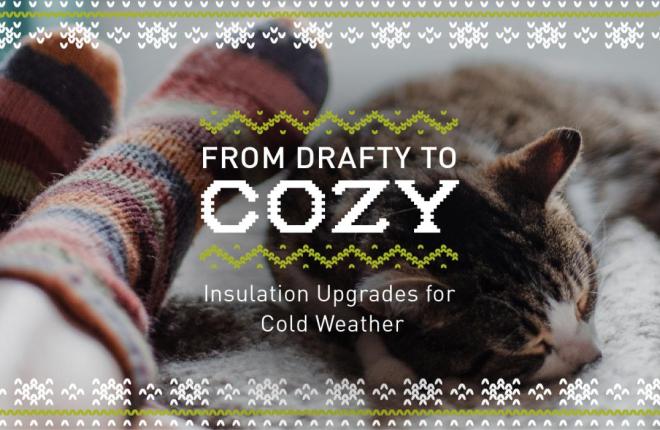
Beat the Chill: Effective Insulation Strategies for Winter Comfort
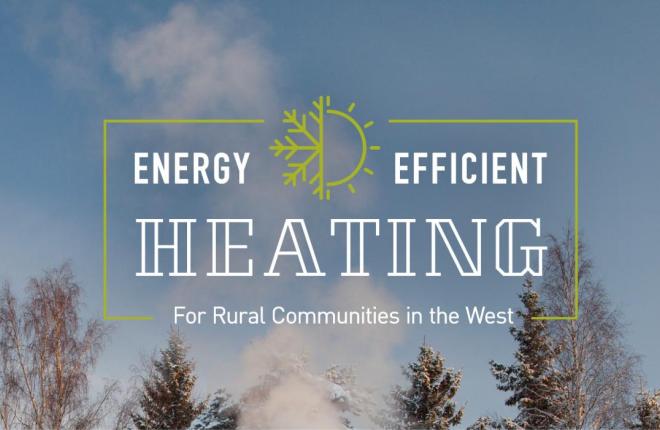
Energy Efficient Heating Options for Rural Communities in the West

Energy Efficient Tips for Outdoor Fall Entertaining

Boost Your Business with EV Charging
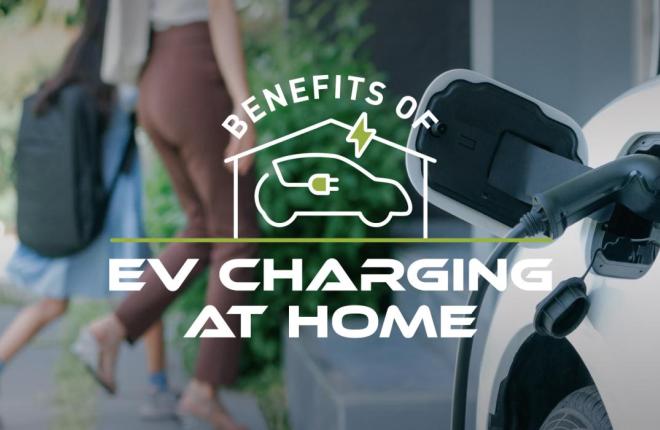
The Benefits of Having Your Own EV Charger at Home

Geothermal Heat Pumps: Harnessing Earth's Energy for Your Business

